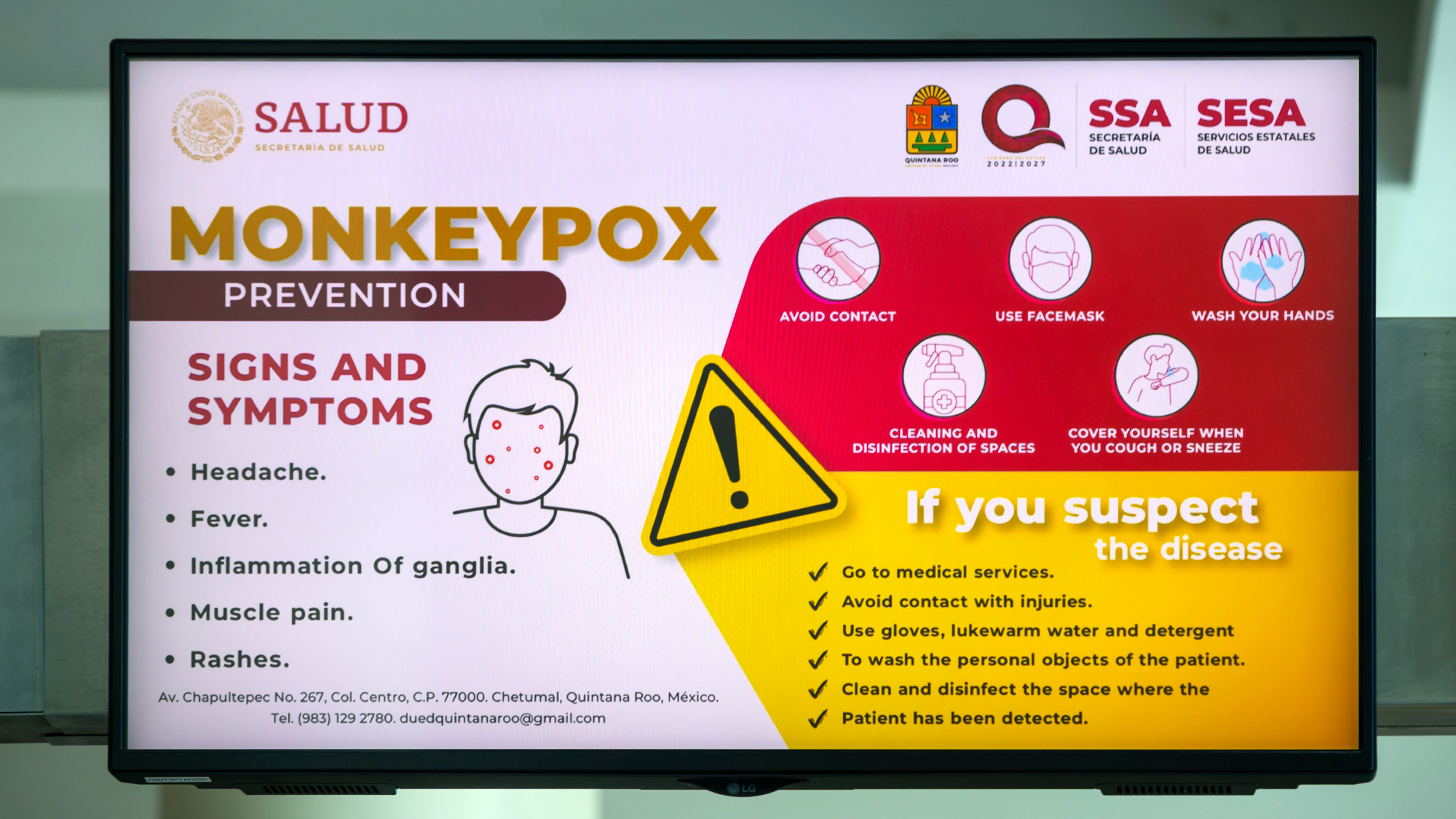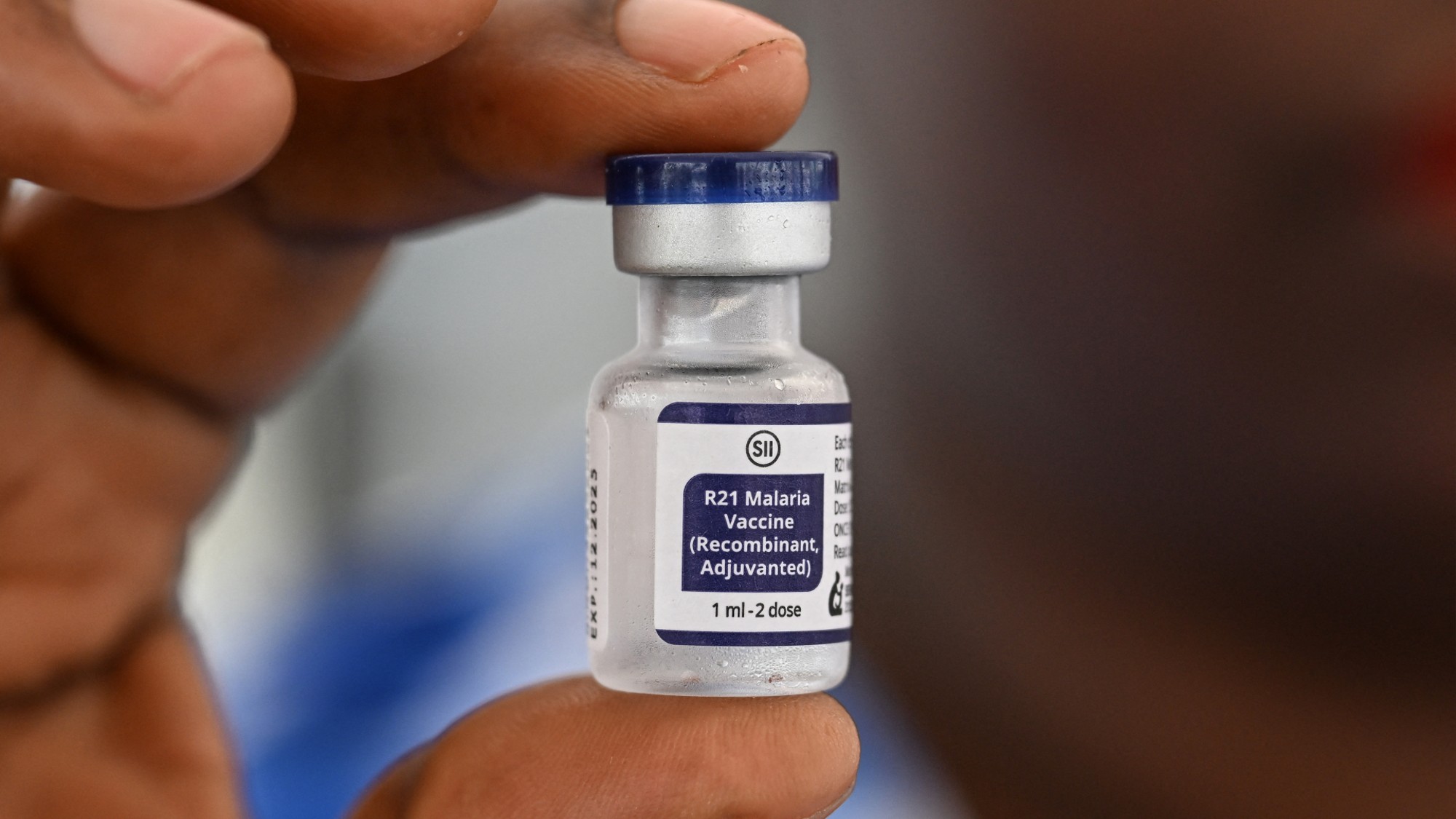H7N9 bird flu outbreak could pose 'serious risk' says WHO
New strain of disease has already killed 24 people in China and is mutating rapidly

A free daily email with the biggest news stories of the day – and the best features from TheWeek.com
You are now subscribed
Your newsletter sign-up was successful
DOCTORS in the UK have been warned to look out for a new strain of bird flu that has killed 24 people and infected more than 120 in China. The strain poses a "serious threat" to human health, according to the World Health Organisation.
The H7N9 virus originated in China and so far all but one of the cases have been found there. The other was discovered in neighbouring Taiwan.
It is not thought that the disease can pass from human to human but the Daily Telegraph reports that GPs and health workers have been put on alert and ordered "to report any signs of influenza in people who have recently travelled from China".
The Week
Escape your echo chamber. Get the facts behind the news, plus analysis from multiple perspectives.

Sign up for The Week's Free Newsletters
From our morning news briefing to a weekly Good News Newsletter, get the best of The Week delivered directly to your inbox.
From our morning news briefing to a weekly Good News Newsletter, get the best of The Week delivered directly to your inbox.
The paper adds that around 11,000 Britons travel to China each week, with around 3,500 Chinese visiting this country.
"Experts fear that while the disease is currently only being passed from birds to humans, it is changing rapidly and could start passing directly from person to person, raising the risk of a pandemic," says the paper.
The Guardian explains that five mutations are needed for the virus to be able to pass between humans, but it warns that H7N9 already has two of them. If it mutates again "it could spread worldwide with lethal effect".
According to the BBC "predicting which viruses will become deadly on a global scale is impossible", but it quotes Prof Jeremy Farrar, director-elect of the Wellcome Trust, who said: "Whenever an influenza virus jumps across from its normal host in bird populations into humans it is a cause for concern... It cannot be taken lightly."
A free daily email with the biggest news stories of the day – and the best features from TheWeek.com
He added that as the victims ranged in age between two and 81, it suggested that if a pandemic did occur it would put everyone at risk. Often older people are immune as they have been exposed to similar viruses in the past.
The last major bird flu virus to affect humans, H5N1, killed more than 300 people but can still not spread between humans.
-
 Trump’s fuel blockade puts Cuba in crisis mode
Trump’s fuel blockade puts Cuba in crisis modeIN THE SPOTLIGHT Plummeting tourism, scrambling airlines and rolling blackouts are pushing Cuban society to the brink
-
 ‘The mark’s significance is psychological, if that’
‘The mark’s significance is psychological, if that’Instant Opinion Opinion, comment and editorials of the day
-
 How did ‘wine moms’ become the face of anti-ICE protests?
How did ‘wine moms’ become the face of anti-ICE protests?Today’s Big Question Women lead the resistance to Trump’s deportations
-
 Mystery illness spreading in Congo rapidly kills dozens
Mystery illness spreading in Congo rapidly kills dozensSpeed Read The World Health Organization said 53 people have died in an outbreak that originated in a village where three children ate a bat carcass
-
 America is leaving WHO. What does that mean for public health?
America is leaving WHO. What does that mean for public health?Today's Big Question Trump orders the withdrawal
-
 No more bugging: how Egypt became certified malaria-free
No more bugging: how Egypt became certified malaria-freeUnder the radar It was a century-long effort
-
 Baby food is not as healthy as it should be
Baby food is not as healthy as it should beUnder the Radar Labels are leaving things out. And brands are highlighting only what they want to.
-
 Mpox: how dangerous is new health emergency?
Mpox: how dangerous is new health emergency?Today's Big Question Spread of potentially deadly sub-variant more like early days of HIV than Covid, say scientists
-
 WHO declares mpox a global health emergency
WHO declares mpox a global health emergencySpeed Read An outbreak of the viral disease formerly known as monkeypox continues to spread in Africa
-
 Have we defeated malaria?
Have we defeated malaria?The Explainer Roll-out of low-cost vaccine means a world free from disease that claims 600,000 lives a year 'finally within sight'
-
 Pharmaceutical companies are warning of a rise in knockoff drugs
Pharmaceutical companies are warning of a rise in knockoff drugsUnder the Radar The World Health Organization is also urging consumers to be cautious